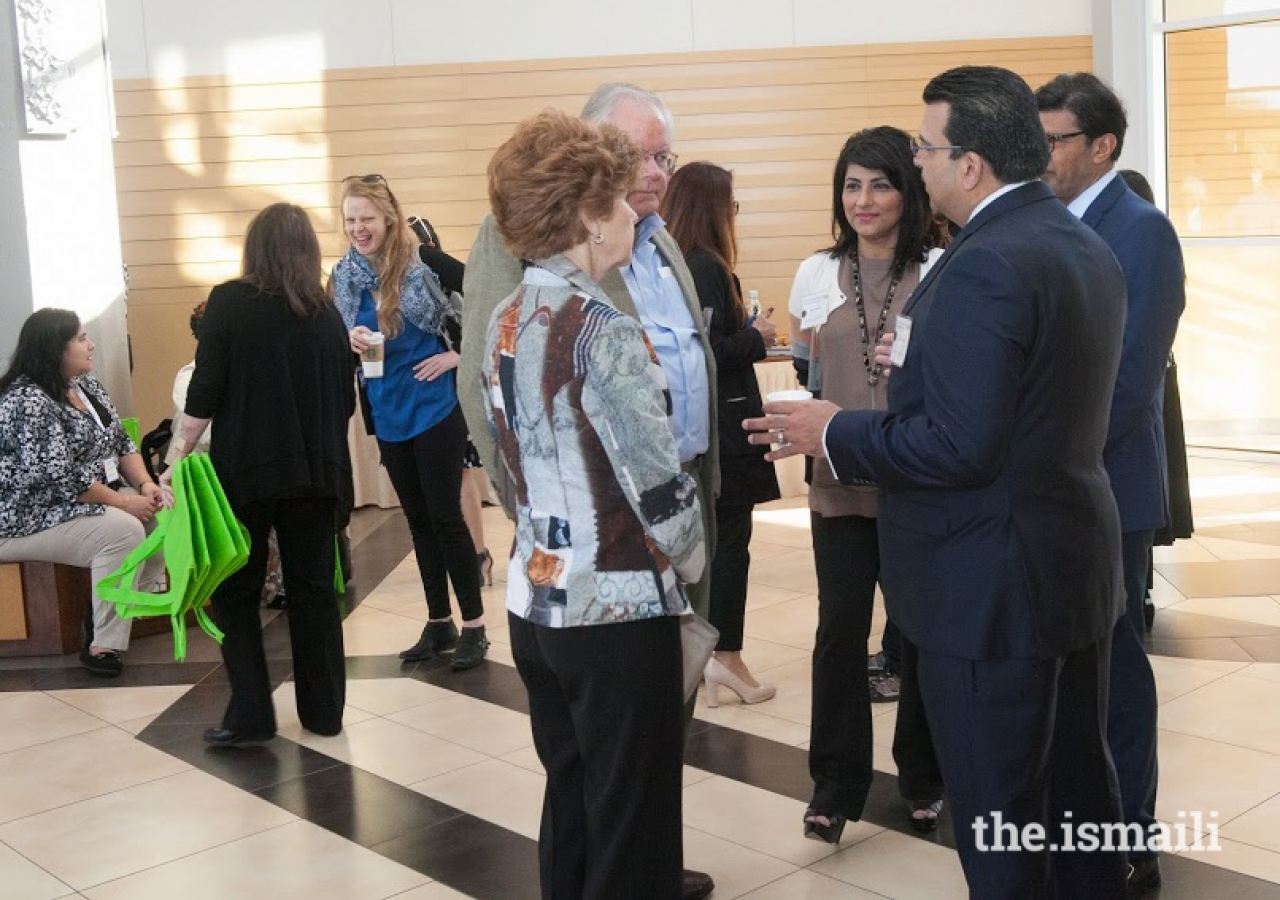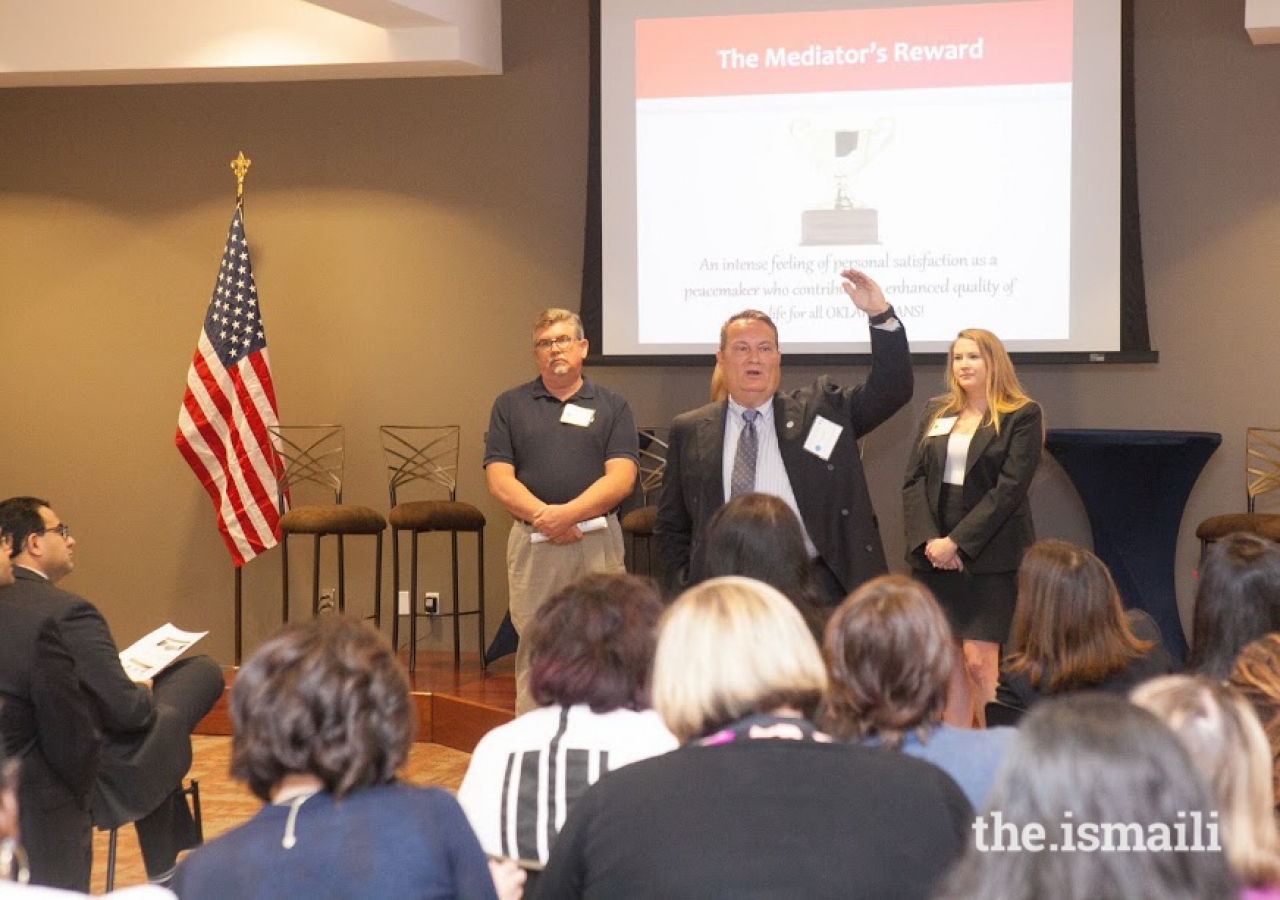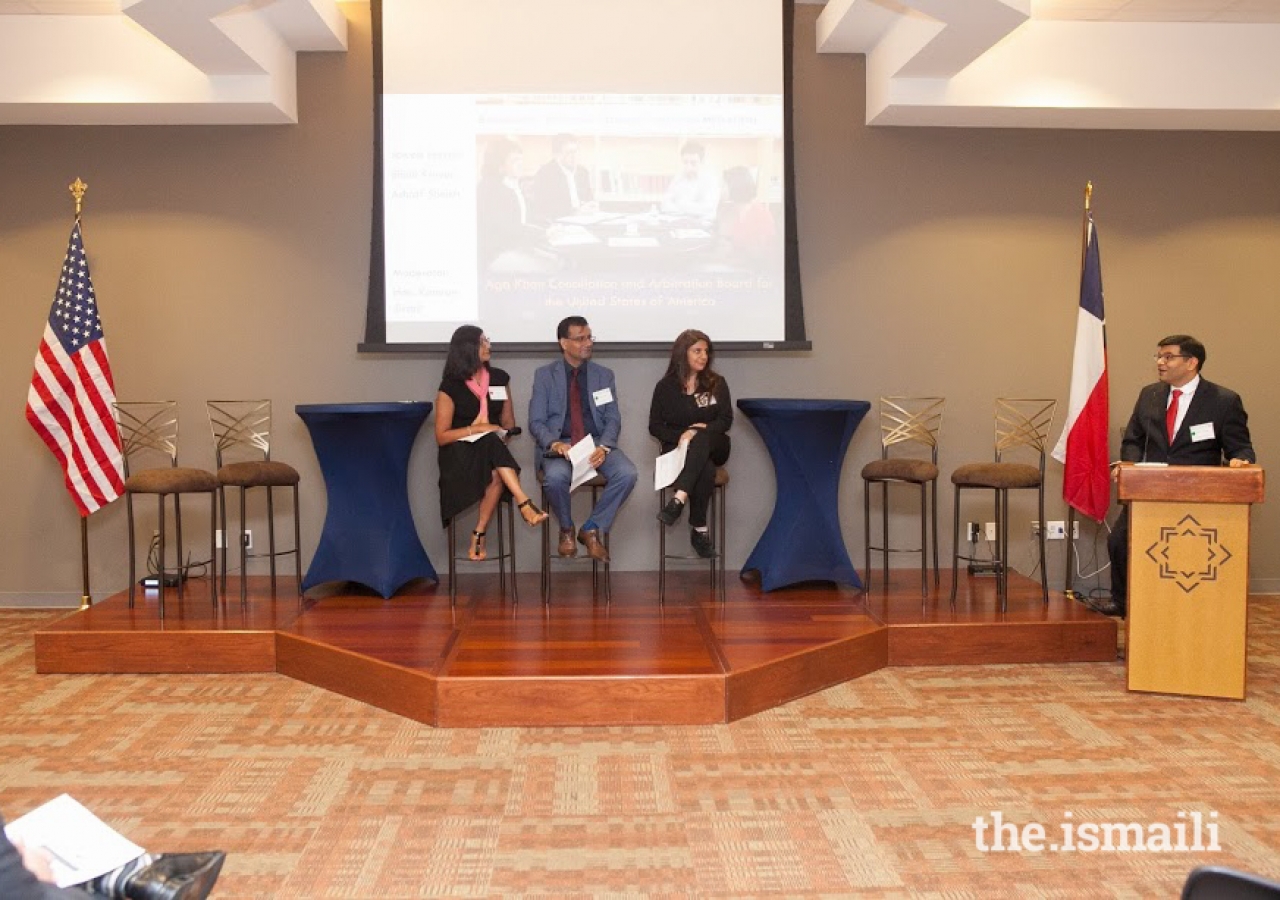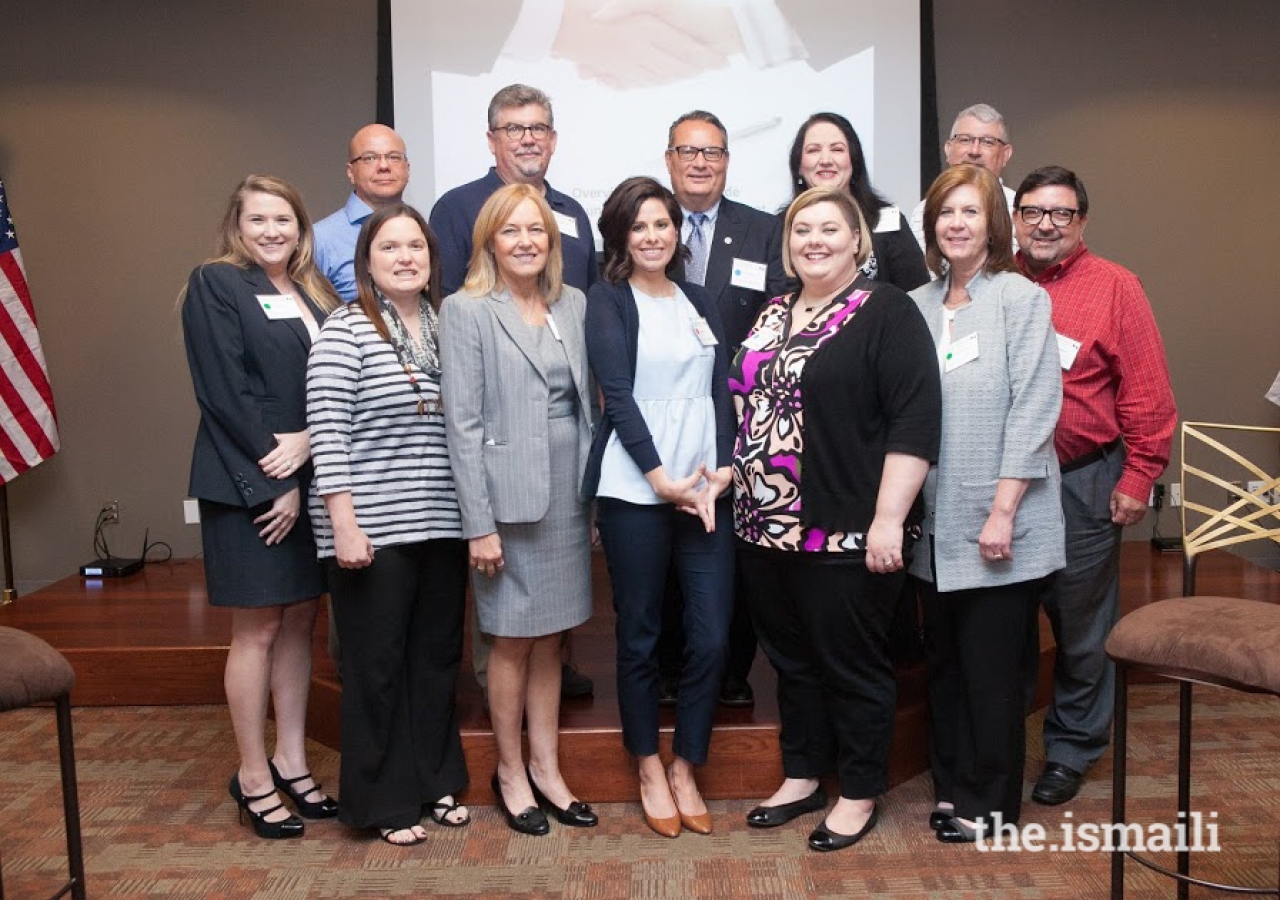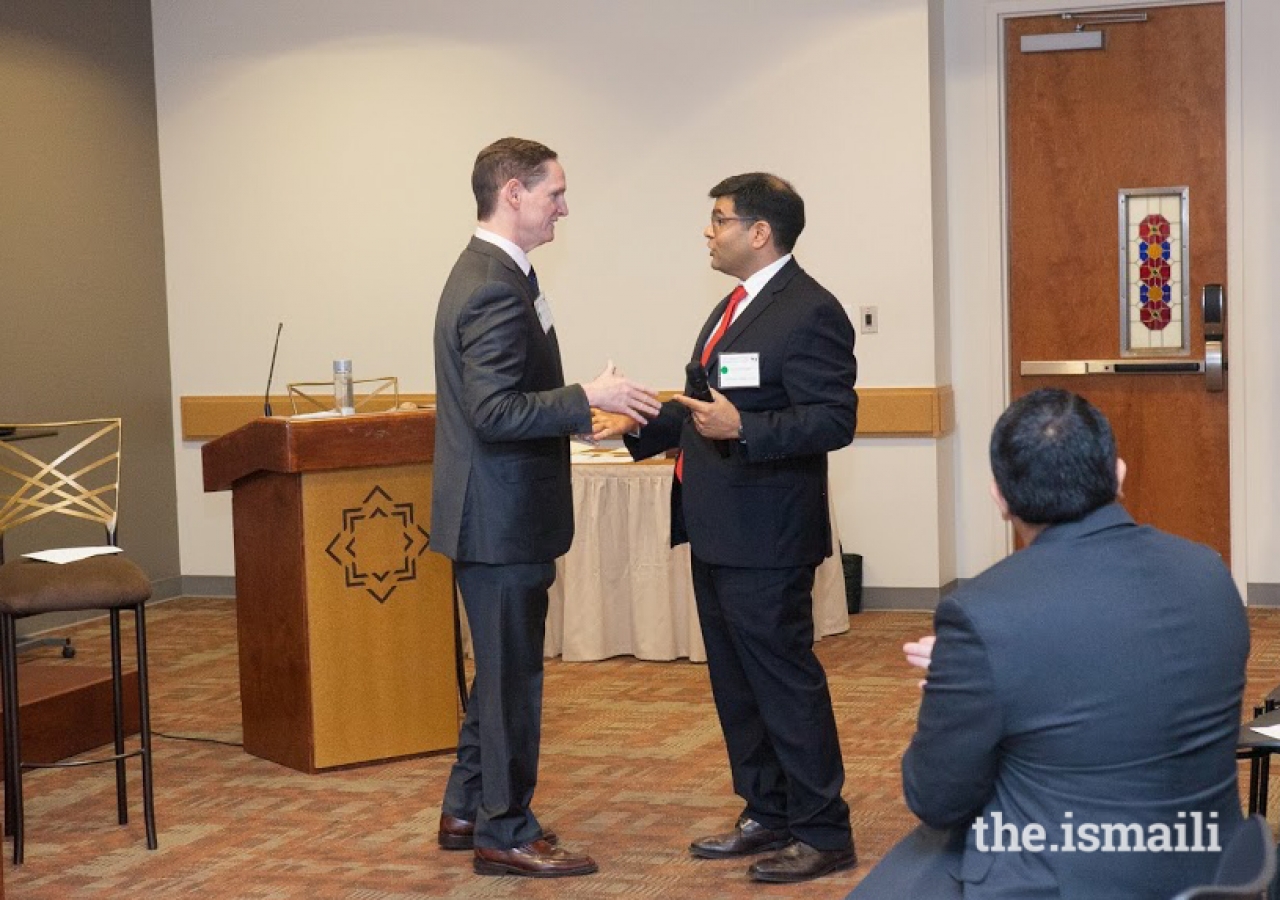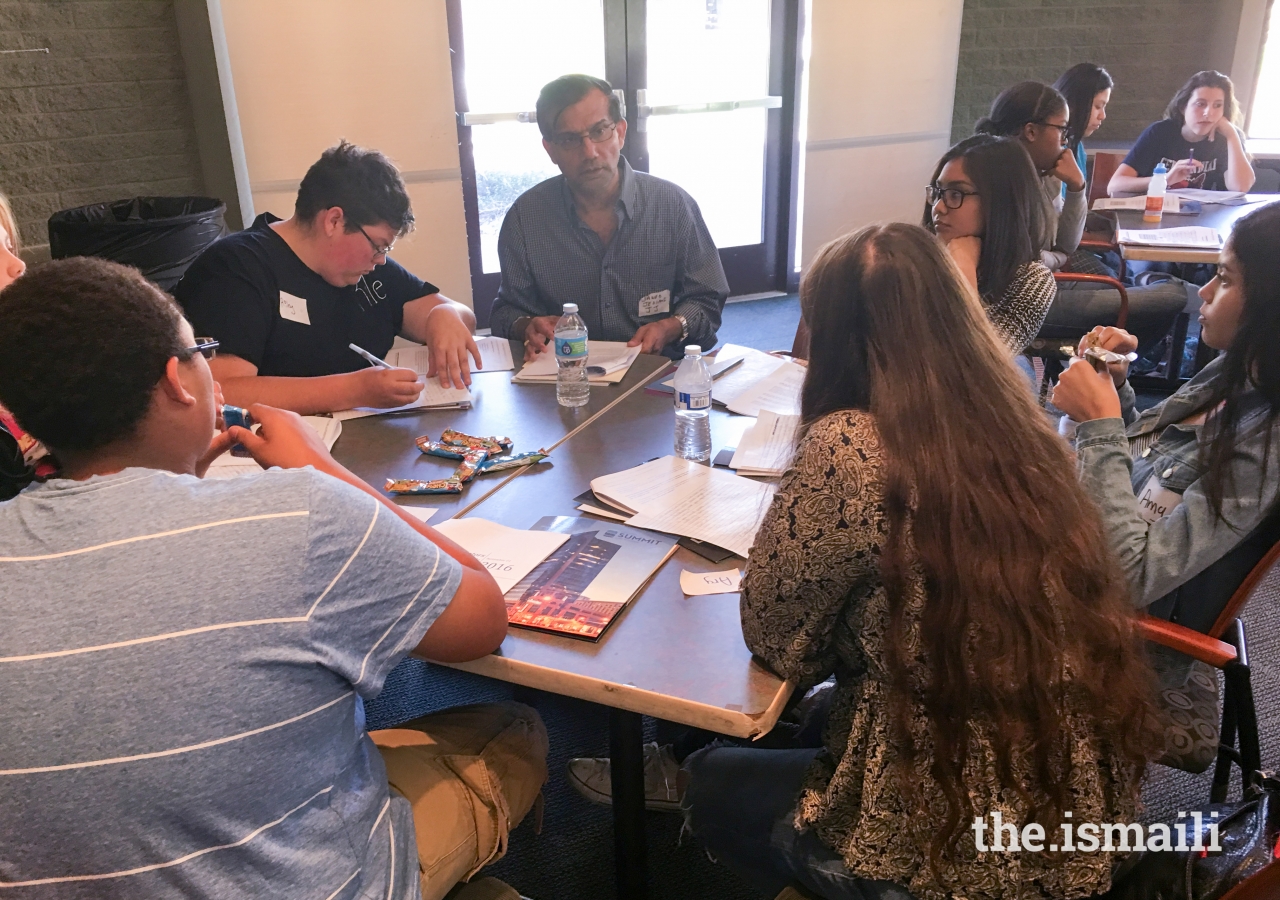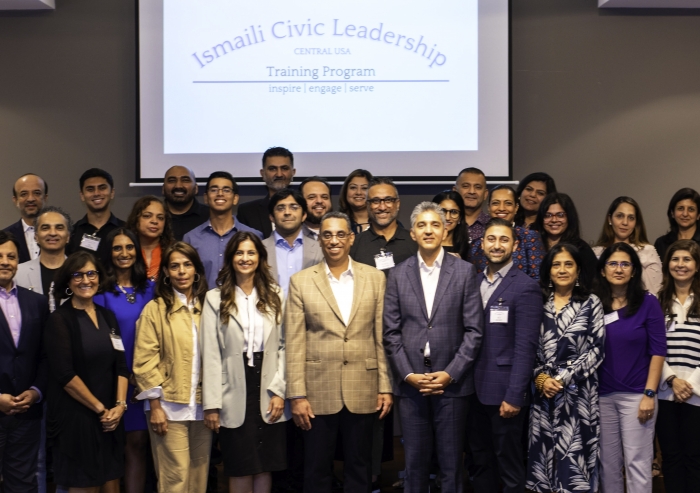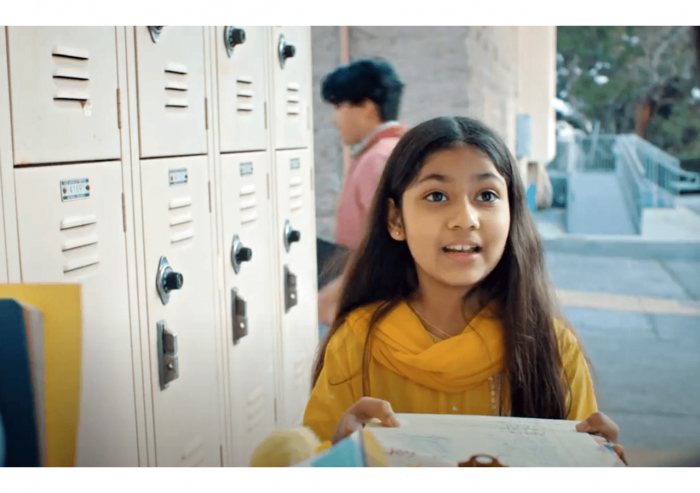In 1986, Mawlana Hazar Imam established the Aga Khan Conciliation and Arbitration Board for the United States of America (CAB USA) to provide pro bono community-based mediations to members of the Ismaili community. In the ensuing decades, CAB USA has mediated hundreds of matrimonial, familial, and commercial matters. In so doing, it continues the Islamic traditions of consultation and collaboration that are not historically at the forefront of Western dispute resolution.
Mediation in the Islamic context views each dispute from a longer-term perspective. In addition to attaining a resolution for the immediate conflict at hand, CAB USA mediators recognize the benefits of resolving disputes peacefully; of fostering relational, familial, and community harmony; and of restorative healing. These principles, when put into action, enable impacted individuals to come to terms with the emotional trauma and resentment that is inevitably created by a dispute, and to return to constructive, healthy lives post-mediation.
Today, in its fourth decade, CAB USA flourishes. It assists not only members of the Ismaili community but reaches beyond, and engages in shared learnings with the larger legal and Alternate Dispute Resolution (ADR) communities in the United States.
During the Association for Conflict Resolution’s (ACR) 2017 Annual Conference, held in Dallas, CAB USA hosted “Restoring Community Day,” at the Ismaili Jamatkhana in Plano, Texas. There, 85 professionals and volunteers involved with ACR’s Community Mediation and Restorative Practices Section participated in a full-day meeting and heard about various mediation programs around the country.
CAB USA mediators presented their work and its ethical and functional underpinnings to this professional audience. They highlighted that CAB USA relies entirely on volunteer mediators, on a robust training and continuing education program to ensure high-quality practices, and on principles of healing.
Driven by the ideal of resolving the conflict, enabling the parties to heal from the trauma of the encounter, and to build a peaceful life going forward, CAB USA has built a consciously empathetic process. Its mediators are trained to be responsive to non-verbal cues, to engage in reflective listening techniques, and to listen to the parties in a respectful, confidential, and non-judgmental manner.
Recognizing that the roots of conflicts need to be addressed, CAB USA refers mediation participants, with their consent, to its sister institutions serving the Ismaili community, for social or economic planning assistance, e.g., where impacted individuals might benefit from debt management or marital counseling or other services. Further, CAB USA offers post-mediation assistance to parties involved in the conflict. This may include a private session to discuss a party’s own outlook for the future or following up with parties’ weeks after concluding mediation to check in, thus also giving CAB USA additional opportunities to assess the need for any external resources and to make referrals.
By sharing these practices at Restoring Community Day, CAB USA enabled other mediation organizations and professionals to consider incorporating a wholesome community view into their own mediation practices and also allowed CAB USA to learn from the practices of other practitioners. Kamran Jivani, Lead Administrative Patent Judge at the Patent Trial and Appeal Board, who volunteers as a national Board member for CAB USA, observed that the event let people from different perspectives approach their work from a “vulnerable, honest place,” and consider how they might do that work differently. “Invariably, we find information and techniques we can adopt, and similarly find ourselves offering our best practices to our fellow peacemakers,” Judge Jivani reflected.
CAB USA’s outreach efforts are enhanced through the involvement of its various board members with external mediation networks. From leadership engagements (such as the CAB USA Chair serving on the Texas Association of Mediators, and a CAB USA national Board member serving as the Chair of the Dallas Bar Association’s ADR Section) to CAB USA members’ involvement in speaking and other engagements with various mediation networks, the organization strives to benefit from shared learnings ultimately to continue to build upon and improve its capacity and services.
Jawed Jessani, is one such CAB member who serves as a member on the regional CAB board for the Western U.S. and also is currently serving as the president of ACR’s Arizona Chapter (AACR), following several years of Board service with the organization. He affirms that his service with AACR has facilitated dialogue with the larger mediation community about CAB USA. Jawed anchors CAB USA to his peers by emphasizing that “conflict is not only about the individual. Most conflicts extend to friends, families, neighborhoods, and communities. By trying to restore peace or make sure individuals are in harmony, we can work to maintain a more harmonious and peaceful civil society.” He also emphasizes that he is a professional mediator, albeit not a paid mediator, and mentions the rigor, consistency, and international use and accreditation of the training modules CAB mediators must complete.
Jawed’s role with AACR has also given him a window by which to observe the alignments between CAB USA and other community mediation efforts. For instance, co-presenting with a speaker from the local American Indian American reservation who was involved with mediations within that community, he resonated with the speaker’s focus on peace-building. Moreover, like the Native American community, CAB USA must respect cultural diversity within the population it serves and must strive to ensure a balance of power between the parties at the mediation table, utilizing communication techniques and fair time distribution.
These community-based mediation efforts are all focused, not just on resolving the dispute at hand, but about peace post-mediation. “Within the Arizona community of mediators, there is quite a bit of awareness of CAB USA,” says Jawed, and “They look at it as a community peace-building opportunity in our current conflict-laden world.”

